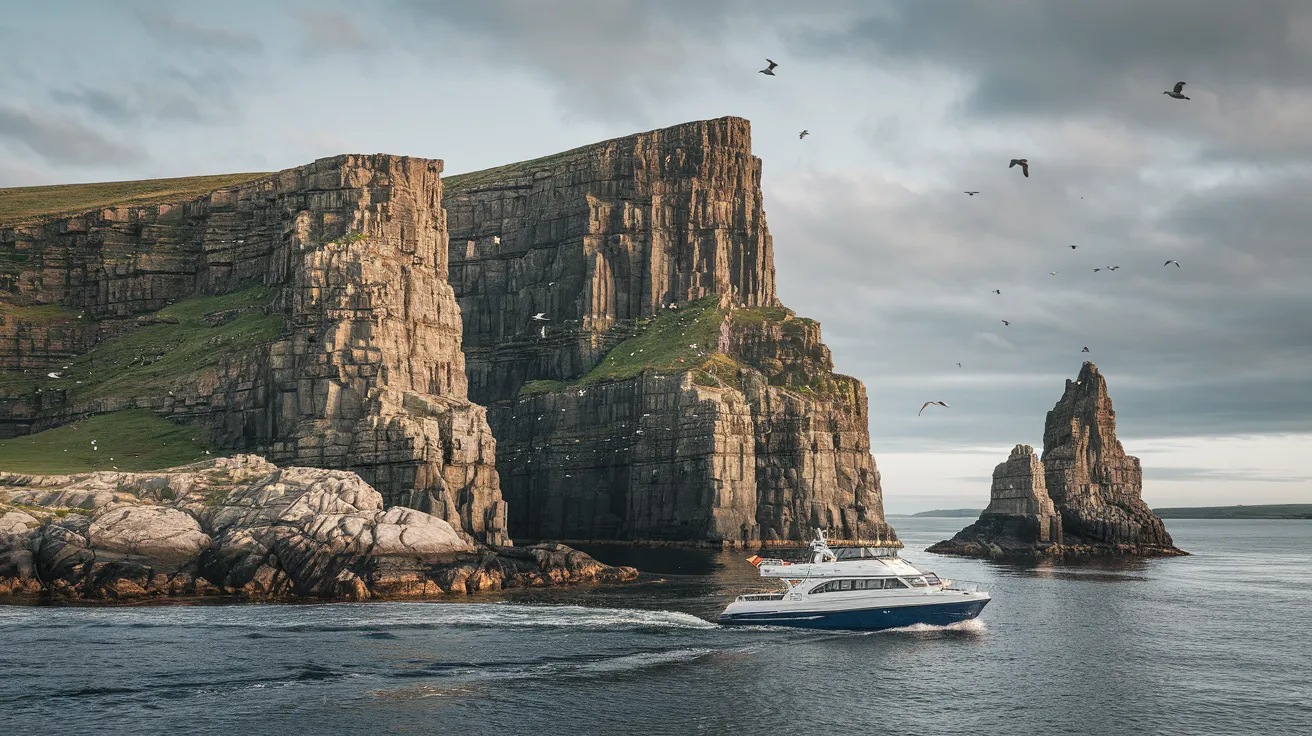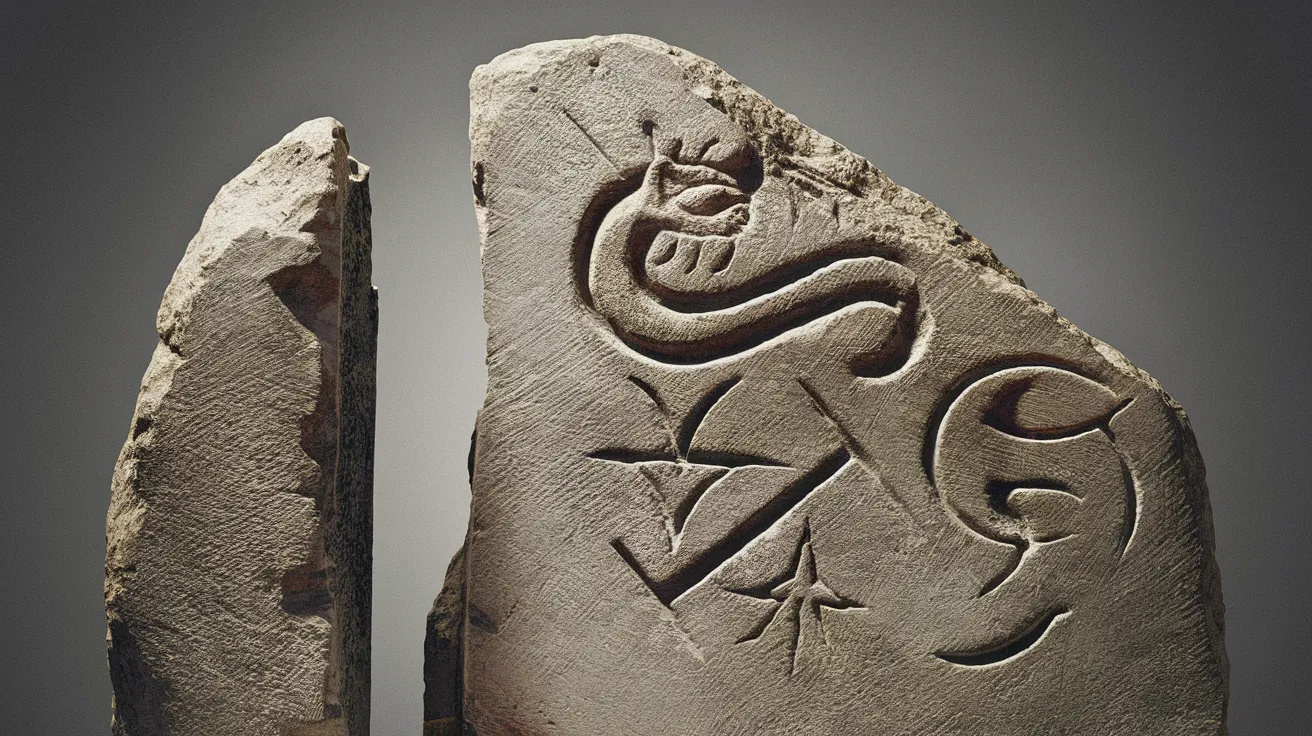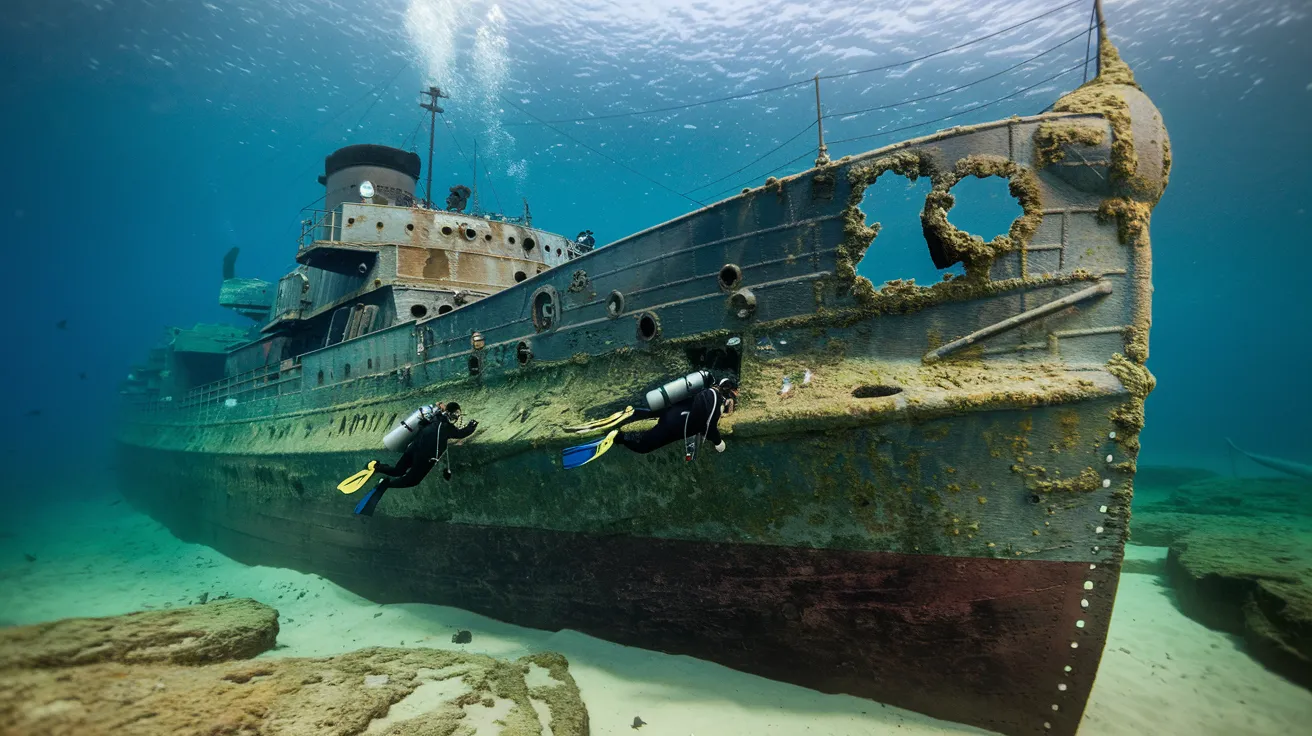Quick Navigation
- Orkney's Dark Sky Advantage
- Chasing the Northern Lights (Aurora Borealis)
- Best Stargazing and Aurora Viewing Locations
- Beyond the Aurora: Orkney's Night Sky Wonders
- Practical Tips for Orkney Stargazers
- Frequently Asked Questions
- Can you guarantee seeing the Northern Lights in Orkney?
- How dark does it get in Orkney?
- Do I need special equipment for stargazing?
- Where can I get aurora forecasts?
Far from the glare of city lights, Orkney offers a breathtaking window into the cosmos. Its northern latitude, clean maritime air, and commitment to preserving dark skies create exceptional conditions for stargazing and, during the right season, witnessing the awe-inspiring dance of the Northern Lights (Aurora Borealis). Whether you're an experienced astronomer or simply looking to marvel at a truly dark night sky, Orkney provides an unforgettable celestial experience. This guide explores the best locations, times, and tips for exploring the universe from these enchanting islands.
Orkney's Dark Sky Advantage
Why is Orkney so special for looking up?
- Low Light Pollution: With a sparse population and significant distances between settlements, Orkney boasts naturally dark skies. Light pollution is minimal, especially away from Kirkwall and Stromness.
- Northern Latitude (59°N): This high latitude means Orkney is perfectly positioned for viewing the Aurora Borealis during periods of high solar activity. It also affects the visibility arc of constellations and the Milky Way compared to more southerly locations.
- Clean Air: Surrounded by sea, Orkney benefits from exceptionally clear air, free from the haze and pollutants that obscure views elsewhere, leading to sharper views of stars and celestial objects.
- Dark Sky Communities: The island of North Ronaldsay is officially recognised as an International Dark Sky Community, with residents actively working to minimise artificial light, offering truly pristine conditions (approx. Bortle Scale Class 2-3). Other areas, particularly coastal spots and smaller isles, offer similarly dark skies.
Chasing the Northern Lights (Aurora Borealis)
Known locally as the 'Merry Dancers', the Aurora Borealis is one of nature's most spectacular phenomena, and Orkney is one of the best places in the UK to witness it.
- What Causes Them?: The lights occur when charged particles from the sun (solar wind) collide with gases in the Earth's upper atmosphere, guided towards the poles by our planet's magnetic field.
- Best Time to See Them: The prime aurora season runs from late September through to late March, when the nights are longest and darkest. The summer months, with the 'Simmer Dim', are generally unsuitable due to the lack of true darkness.
- Key Factors for Visibility:
- Solar Activity: Strong solar flares or coronal mass ejections increase the chance of visible aurora. Check forecasts using apps like AuroraWatch UK or websites like SpaceWeatherLive. Look for a high Kp index (ideally Kp 4 or higher for Orkney).
- Clear Skies: Cloud cover will obscure the lights. Check the Met Office weather forecast.
- Darkness: Get away from town lights and avoid nights with a bright full moon.
- What to Look For: Auroras can appear as faint green glows on the northern horizon, shimmering curtains, or dramatic, fast-moving rays of green, pink, and purple light overhead during strong displays.
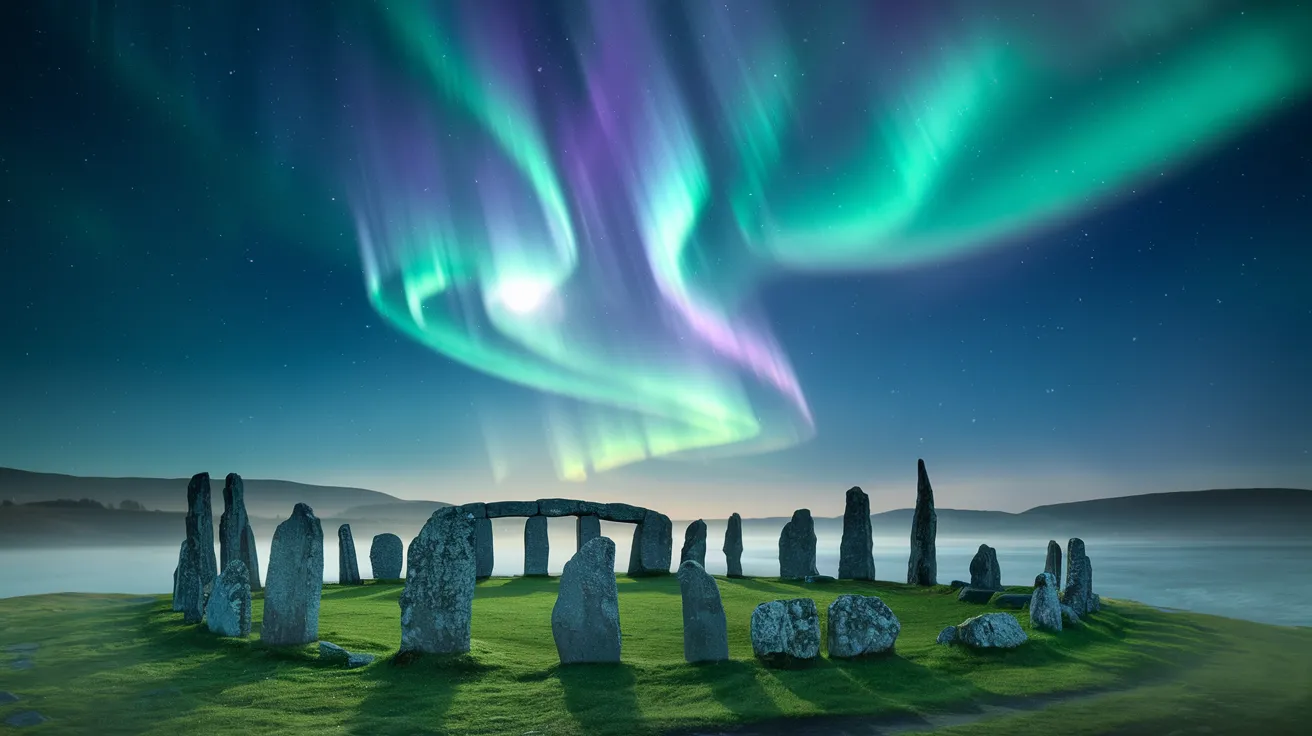
Best Stargazing and Aurora Viewing Locations
To maximise your chances, head away from the lights of Kirkwall and Stromness:
- Ring of Brodgar / Stones of Stenness: These iconic Neolithic sites offer wide, dark horizons and an incredible atmosphere for night sky viewing. Parking is available nearby.
- Coastal Spots: Cliffs like Yesnaby or Marwick Head provide dramatic foregrounds and dark northern horizons perfect for aurora hunting. Ensure safety near cliff edges in the dark.
- Brough of Birsay: Offers dark skies looking north over the Atlantic. Check tide times if accessing the tidal island itself.
- Island Locations: Islands like North Ronaldsay (Dark Sky Community), Sanday (with its wide beaches), or Westray offer exceptionally dark skies due to their remoteness.
- Wideford Hill: Provides an elevated viewpoint overlooking Kirkwall (though some light pollution may be visible towards the town) but offering broad sky views.
Always prioritise safety when visiting remote locations at night. Inform someone of your plans, dress warmly, and carry a torch (preferably red light).
Beyond the Aurora: Orkney's Night Sky Wonders
Even without the Merry Dancers, Orkney's dark skies offer plenty to marvel at:
- The Milky Way: On clear, moonless nights (especially in late summer/autumn), the Milky Way arches brilliantly across the sky, revealing its structure and dust lanes in a way rarely seen in light-polluted areas.
- Constellations & Planets: Familiar constellations appear incredibly vivid, and planets like Jupiter, Saturn, Mars, and Venus shine brightly when visible.
- Meteor Showers: Orkney is a great place to watch annual meteor showers like the Perseids (August) and Geminids (December), away from interfering lights.
- Noctilucent Clouds: During summer twilight (Simmer Dim), look north for these rare, high-altitude clouds shimmering electric blue after sunset.
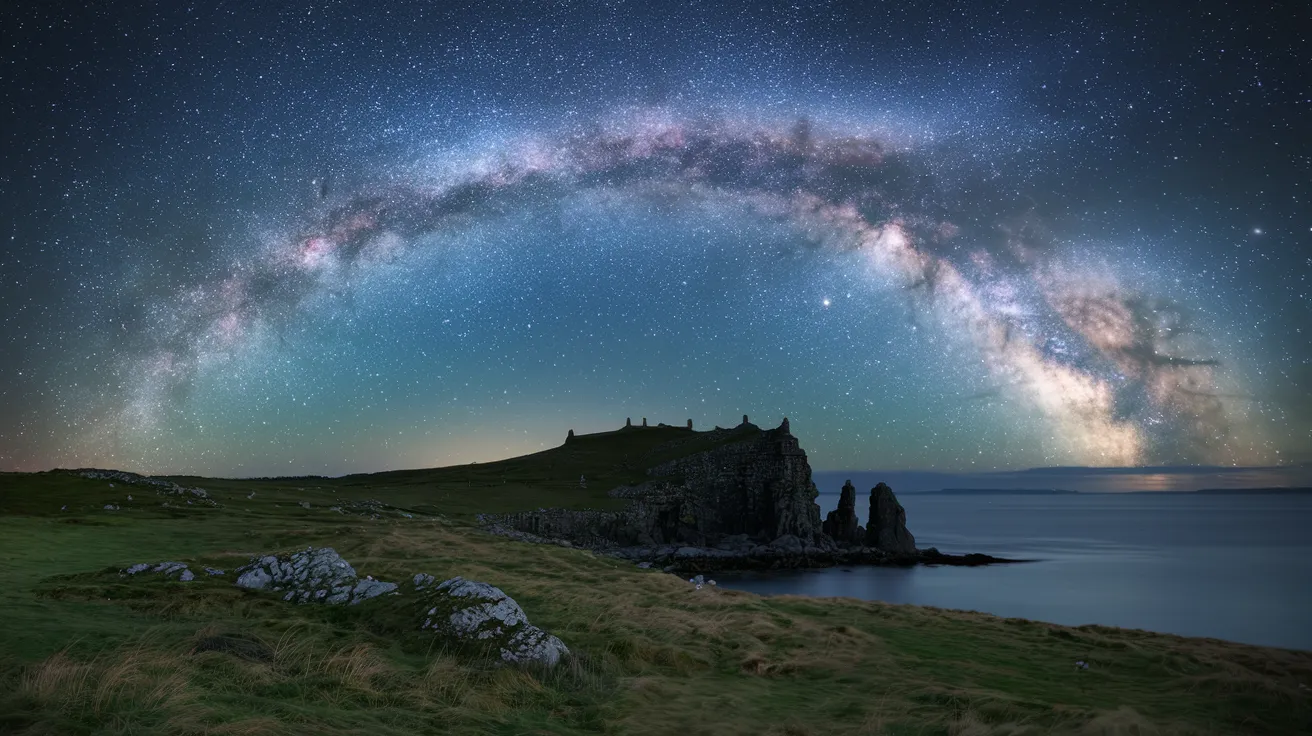
Practical Tips for Orkney Stargazers
- Wrap Up Warm: Essential! Wear multiple layers, thermal base layers, insulated jackets, hats, gloves, and warm socks. Orkney nights are cold and often windy, even in autumn/spring.
- Equipment:
- Red Torch: Use a red light headlamp or torch to preserve your night vision.
- Binoculars: A good pair (e.g., 10x50) dramatically enhances views of the Milky Way, star clusters, and faint aurora.
- Telescope: While not essential for aurora or general stargazing, a portable telescope can reveal planetary details or deep-sky objects.
- Apps/Charts: Use stargazing apps (e.g., SkyView, Star Walk) or a planisphere to identify constellations and objects.
- Astrophotography:
- Tripod: Absolutely necessary for stability.
- Camera Settings: Use manual mode. For aurora/Milky Way: wide-angle lens (f/2.8 or faster), ISO 1600-6400, exposure 10-25 seconds. Focus manually on infinity.
- Composition: Include an interesting foreground (standing stone, coastline, building) to anchor the shot and provide scale.
- Patience: Allow your eyes at least 15-20 minutes to adapt to the darkness. Aurora displays can ebb and flow, so be prepared to wait.
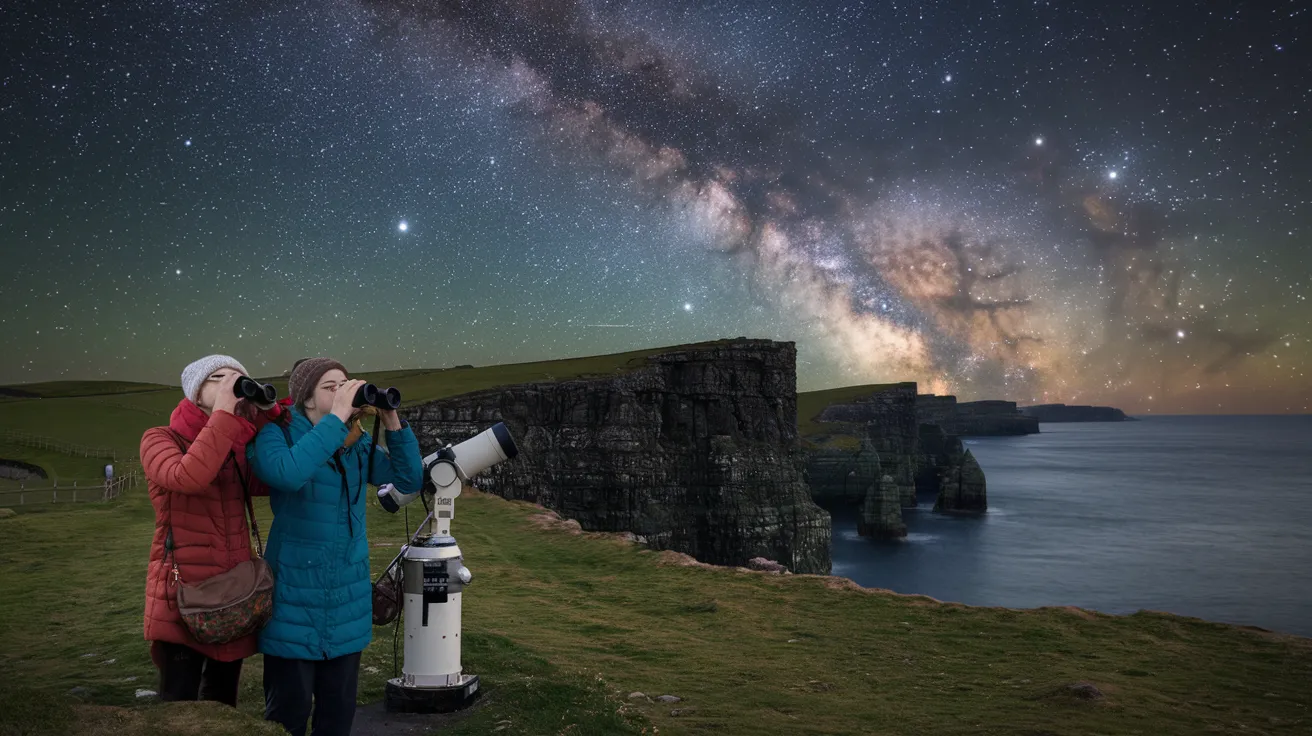
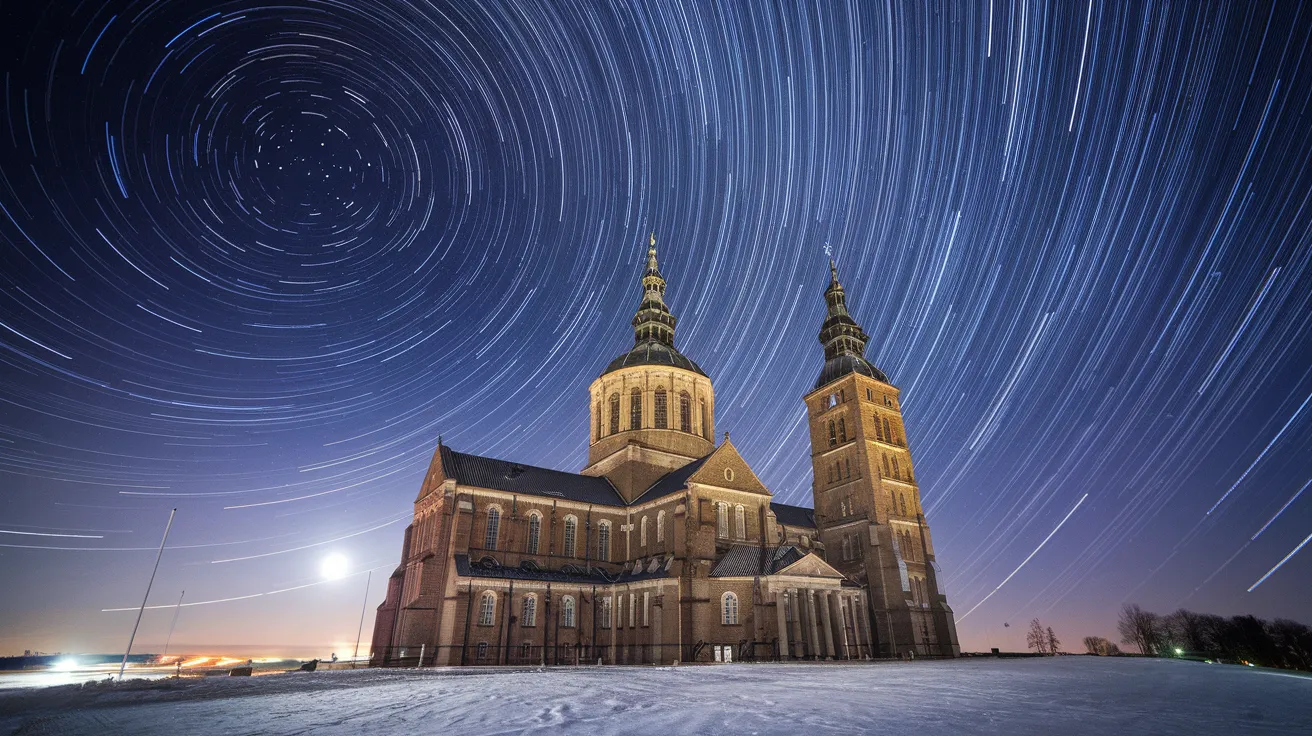
Learn more about Orkney's dark skies:
*(Note: Example video ID used - 'Telescope Maintenance Guide' by Eric Walker, relevant to North Ronaldsay Dark Sky Community)*
Frequently Asked Questions
Can you guarantee seeing the Northern Lights in Orkney?
No. Sightings depend on solar activity and clear weather, which are unpredictable. Visiting between September and March increases your chances, but it's never guaranteed.
How dark does it get in Orkney?
Outside of the main towns, Orkney offers very dark skies, especially on islands like North Ronaldsay (an official Dark Sky Community). You can easily see the Milky Way with the naked eye on clear nights.
Do I need special equipment for stargazing?
No, just your eyes and warm clothes are enough to appreciate the dark sky. Binoculars significantly enhance the view, especially of the Milky Way and fainter objects.
Where can I get aurora forecasts?
Use apps like AuroraWatch UK, websites like SpaceWeatherLive.com, or join the Orkney Aurora Group on Facebook for local alerts.
Orkney's night sky is a treasure, offering profound experiences from witnessing the celestial dance of the Aurora Borealis to simply marvelling at the sheer number of stars visible in a truly dark sky. Whether you're aiming your camera upwards or just gazing in wonder, the Orcadian night is an unforgettable spectacle. Choose Orkney accommodation away from town lights for the best chance to experience this cosmic theatre from your doorstep.

